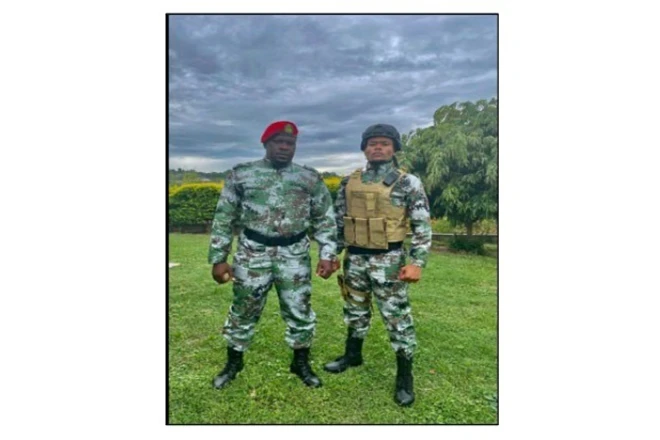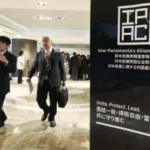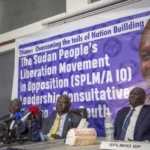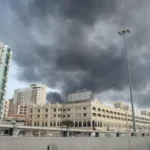In a dramatic turn of events, two Americans convicted in the Democratic Republic of the Congo (DRC) for a failed coup attempt now face charges in the United States, shining a spotlight on the complexities of international law and the consequences of foreign interventions. The saga illuminates the delicate web of geopolitics, law, and national security.
The Background of the Coup Attempt
In March 2021, a group of foreign nationals, including Americans, were arrested in the DRC for allegedly plotting to overthrow President Félix Tshisekedi. The plan, which involved armed attacks and the seizure of key government institutions, was seen as a direct threat to the nation’s fragile democracy. The Congolese government quickly condemned the alleged coup, maintaining that it was an affront to their sovereignty.
In a trial that garnered international media attention, several of the conspirators, including the Americans, were found guilty of treason and related charges. Reports indicated that they faced harsh sentences, ranging from 20 years to life imprisonment. The DRC’s legal proceedings were criticized by various human rights organizations, which argued that the defendants did not receive a fair trial, raising concerns about due process.
Return to the U.S. Legal System
As the fallout from the Congolese verdict unfolded, the U.S. government began its own investigation into the events. With mounting evidence of the Americans’ involvement in the coup attempt, federal prosecutors in the United States initiated legal proceedings under the Military Extraterritorial Jurisdiction Act (MEJA). This law allows the U.S. to prosecute its citizens for crimes committed abroad, especially when those acts threaten U.S. interests or involve national security.
The charges that the two Americans now face include conspiracy to commit murder, conspiracy to overthrow a foreign government, and other related offenses. Prosecutors argue that the attempted coup not only destabilized the DRC but also posed potential risks to U.S. diplomatic personnel and assets in the region.
A Sign of National Security Concerns
This case underscores the U.S. government’s increasing vigilance against private military contractors and mercenaries acting independently in volatile regions. The Biden administration has made it clear that it will not tolerate actions that undermine civilian governments, particularly in strategic areas like Central Africa where stability is paramount to U.S. national interests.
“The United States has a responsibility to hold its citizens accountable for actions that endanger the sovereignty of other nations,” said a Justice Department official. This case could set important precedents regarding the extraterritorial application of U.S. laws and the limits of private military involvement abroad.
Implications for Future Interventions
The proceedings in the U.S. also highlight the broader implications for American citizens involved in foreign conflicts, particularly in countries with unstable governance. The intricate legal and ethical considerations surrounding such interventions could impact future U.S. policy regarding militarized interventions and support for regime changes in foreign nations.
Legal experts warn that as more Americans engage in overseas conflicts, the potential for prosecution under U.S. law will likely become a common issue. The government’s approach to this case may signal a new direction for how cases involving Americans abroad are handled, particularly those involving military and political aspirations.
Conclusion
The saga of the Americans convicted in the DRC demonstrates the intersection of international law, national security, and individual rights. As both Congolese and U.S. justice systems seek to navigate this complicated case, the outcomes will have lasting consequences on how private military actions are perceived and prosecuted in the future. The events served as a chilling reminder: the ramifications of engaging in international conspiracies can extend far beyond the initial attempt, echoing back through the corridors of power and law in the United States.
Email Us on editorial@nnafrica.com













